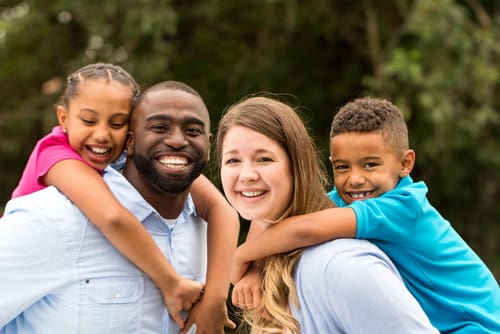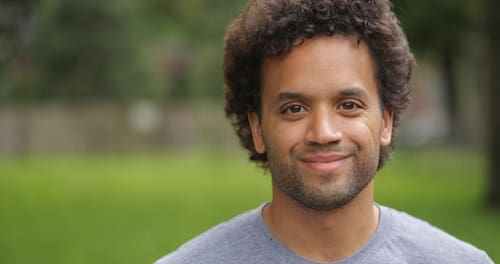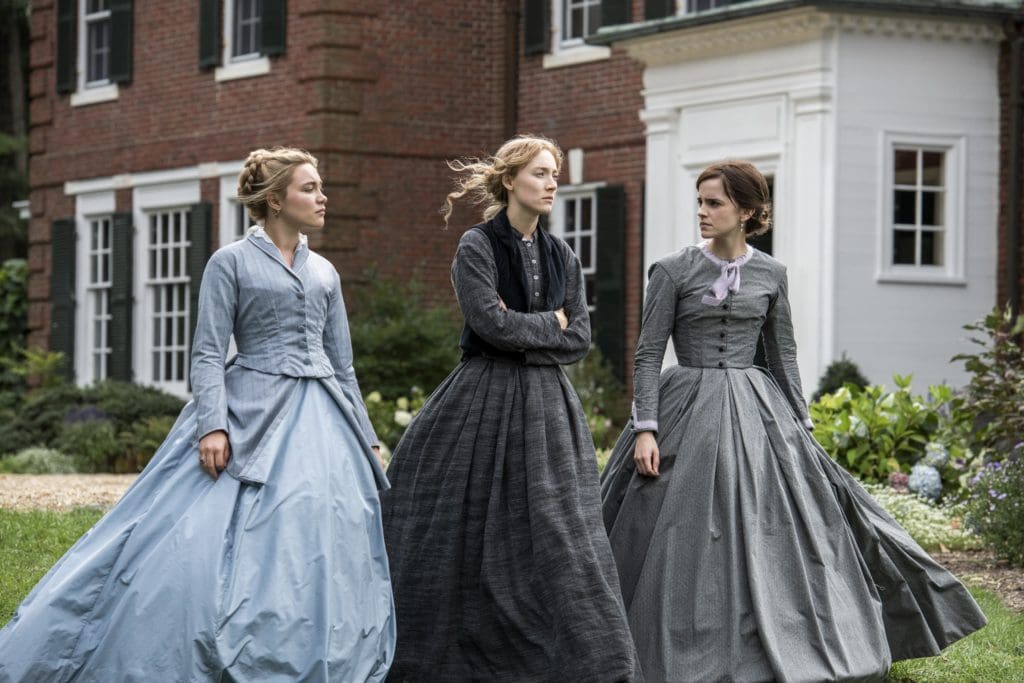
Interracial families and racism would seem to go hand-in-hand. Yet, with many children in these families passing as white, it can often be a topic, i.e. race, that is never addressed or discussed. Often when the children “pass” as white, it is easier to not talk about white privilege given there is a black member of the family too.
This can be quite a confusing set-up for children, and so that is why I was interested in this article I read in The Washington Post regarding interracial couples finding it to be a challenge to discuss the killing of George Floyd and how this affects them being half white and half black.
Being a biracial person myself, it is difficult to look at both parts of my racial identity that make me up and claim them equally. For me, since I pass as white, my family, peers, friends, professional colleagues, and society in general see me as a white person who married an Indian man — given my last name.
No matter how I seek to be seen as equally white and East Indian, it is of no use as I have been named as white given my skin color. My guess is parents who are black and white and have children together, skin color can often dictate how the idea of race is framed for their children — if it is spoken to at all. Now a horrific incident like the George Floyd video shows, and interracial couples are being challenged to discuss the idea of racism in the open with their kids — and face it themselves, i.e. the costs the adults may have endured for choosing to marry outside of their racial identity.
I hear at once in the article the idea of talking about the incident and seeking to name racism in society and how it can be felt — from police brutality to micro aggressions that people endure on a daily basis. I also hear the parents seeking to protect their kids from all of these hard topics and not burden them with the race card, especially what it means to be half white and half black in America, if those are the two racial identities that make the children up.
What is positive in my opinion? People are speaking out in their families, to their friends, and in society regarding what it means to be black in society. What it means to be white in society. And now – as this article points out – what it means to be both black and white. Often, you are met with indifference as you are seen and named by all as what your skin tone offers. That’s the very first hurt biracial people face.
Being biracial or multiracial is not an easy path, particularly in these times that we are facing. Owning all parts of our selves that make up our racial identity is more important than ever. I am grateful to see major news outlets bringing this story out to the frontlines.


